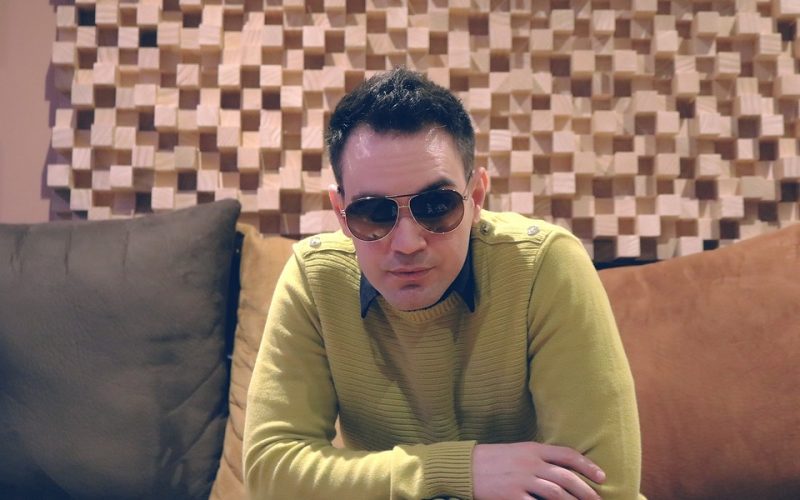Emotional Impact Of Loss
Life after the loss of a partner is a profound and deeply personal experience. The emotional impact can be overwhelming, and adjusting to life without your loved one can feel insurmountable. However, understanding and navigating the stages of grief, seeking support, and gradually finding new rhythms can help you rebuild your life.
Understanding the grieving process
Grief is a natural response to loss, and everyone experiences it differently. The grieving process often includes stages such as denial, anger, bargaining, depression, and acceptance. It's important to recognise that there's no right or wrong way to grieve and that these stages aren't linear. Allowing yourself to feel and express your emotions without judgment is crucial for healing.
Seeking support
During such a challenging time, leaning on others can provide comfort and guidance. Support can come from various sources, including family, friends, support groups, or professional counsellors. Sharing your feelings with others who have experienced similar losses can offer validation and understanding, making you feel less isolated in your grief.
Finding new routines
The absence of your partner may disrupt your daily routines, and establishing new ones can be a step towards adjustment. Start by setting small, achievable goals for yourself. This could be as simple as maintaining a regular sleep schedule, preparing meals, or taking daily walks. These routines can create a sense of normalcy and stability during a chaotic time.
Rediscovering personal interests
Engaging in activities that once brought you joy can be therapeutic. Hobbies, interests, and social activities you enjoyed before your loss can offer a sense of purpose and fulfilment. Reconnecting with these interests or exploring new ones can provide a positive distraction and help you reclaim aspects of your identity that may feel lost.
Honouring your loved one's memory
Finding ways to honour and remember your partner can be a comforting part of the healing process. This could include creating a memory book, planting a tree in their honour, or participating in activities they loved. Commemorating their life helps keep their memory alive and can provide solace, knowing you're continuing their legacy.
Looking towards the future
While it may seem impossible initially, there will come a time when you can look towards the future with hope. This doesn't mean forgetting your partner but rather finding a way to move forward while carrying their memory with you. Setting new life goals, whether personal, professional, or relational, can help you envision a future where happiness and fulfilment are possible again.
Adjusting to life after losing a partner is a long and challenging journey, but it's important to remember that healing is possible. By understanding your grief, seeking support, establishing new routines, and honouring your loved one's memory, you can slowly rebuild your life. Take it one day at a time, and be gentle with yourself as you navigate this new chapter.















